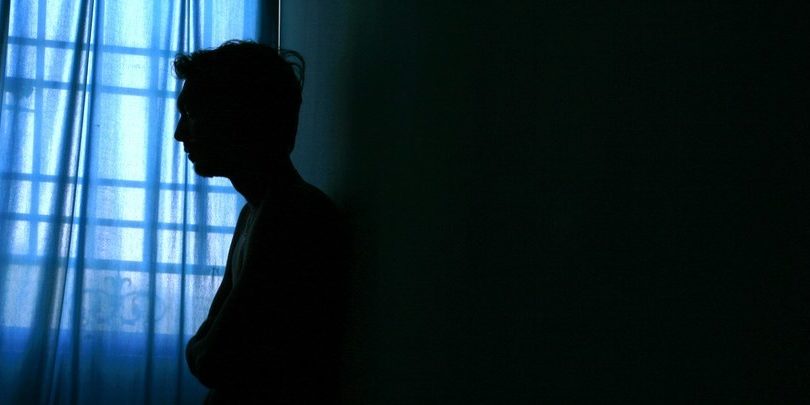Does pain cause depression or does depression cause pain? Unfortunately there appears to be no clear picture on what comes first. However, pain specialists and other medical professionals are beginning to understand the correlation between the two conditions and are focusing efforts on treating patients holistically. Ignoring one condition over the other only seems to cause more discomfort for individuals suffering from chronic pain and this mental health condition.
But how are these two things related?
According to studies, part of the reason that pain can cause depression and vice versa is that they share neurological pathways in the brain. Patients who are prescribed antidepressants also often have decreased pain symptoms for their chronic conditions. Both depression and chronic pain are caused by an imbalance of serotonin and norepinephrine in the brain. To bring these back into balance it can greatly reduce both conditions. As the study published in The Primary Care Companion to the Journal of Clinical Psychiatry notes:
“Therefore, antidepressants that inhibit the reuptake of both norepinephrine and serotonin have the best chance to reduce physical symptoms in patients with depression because they target the pathways that mediate both pain and depression in the brain and in the spinal cord. Antidepressant medications that act as dual serotonin-norepinephrine reuptake inhibitors, such as venlafaxine and duloxetine, may aid in correcting the imbalance of serotonin and norepinephrine neurotransmission in the brain.”
The only way to effectively treat both conditions in patients is to understand the correlation between pain and depression.
If you are concerned about your mental health and chronic pain look at these indicators that you may be experiencing depression:
- Persistent sad or anxious mood or the feeling of being “empty”
- Lack of interest of pleasure in everyday activities
- Problems with your sleep patterns
- Decreased energy or feeling slow
- Problems with your eating patterns
- Feelings of hopelessness, negativity, pessimism, helplessness, guilt, or worthlessness
- Excessive emotions and crying
These are just a few of the symptoms experienced by individuals who are diagnosed with this mental health condition. If you are experiencing chronic pain along with any of these issues, you may wish to speak with your pain specialist about your mental health.
Do you think your chronic pain has led to depression in your life?
Image by Vicknes Waran via Flickr


